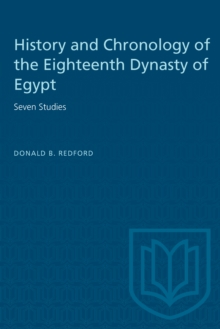
Children in English Society Volume I : From Tudor Times to the Eighteenth Century PDF
by Ivy Pinchbeck, Margaret Hewitt
Part of the Heritage series
Description
The considerable social concern and statutory provision for the care and welfare of children is a remarkable feature of mid-twentieth century English society. It is not however a unique achievement of the present age -- children certainly loomed large in the paternalistic legislation of the sixteenth and early seventeenth centuries, and were regarded as an important part of the social structure and valuable assets of the commonwealth.
The present volume represents the first half of a study of the social concern for children in England from the Tudor paternalism of the mid-sixteenth century to the legislation of the Welfare State in the mid-twentieth century. In it, the authors analyse various aspects of Tudor policy concerning children and discuss the ways in which later generations deliberately or unconsciously modified these policies. They show how, as a result of changed social attitudes, the failure to provide adequately for the welfare of children was again by the end of the eighteenth century becoming a matter of increasing concern among thinking people and prompted a renewal of local and voluntary efforts to solve what had become urgent national problems.
The companion volume will deal with the attempts made by nineteenth-century reformers to remedy some of the problems caused by urbanisation and rapid increase in population, and also with twentieth-century social provision for the child. Together, these two volumes will be a significant addition to the literature of historical sociology in which social attitudes to childhood and to children so far been largely neglected.
Information
-
Download - Immediately Available
- Format:PDF
- Pages:376 pages
- Publisher:University of Toronto Press
- Publication Date:15/12/1969
- Category:
- ISBN:9781487580339
Information
-
Download - Immediately Available
- Format:PDF
- Pages:376 pages
- Publisher:University of Toronto Press
- Publication Date:15/12/1969
- Category:
- ISBN:9781487580339










